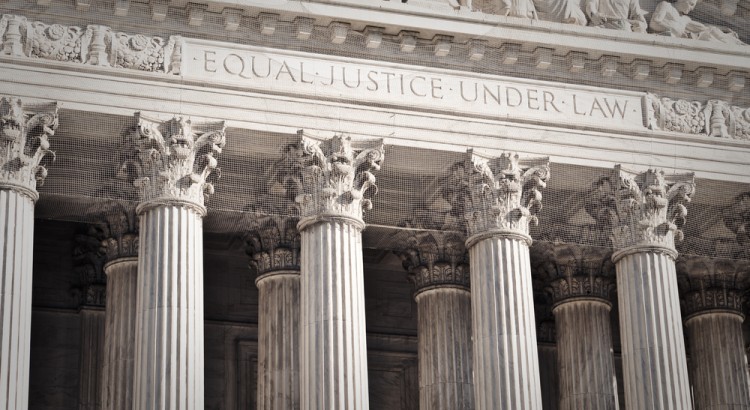In the first hearing on an insider trading case in nearly 20 years, the United States Supreme Court unanimously upheld a conviction for insider trading from tips received from the accused’s brother-in-law. The court ruled that traders can be held liable even if the insider didn’t receive a financial benefit for passing along the tip as long as the trader and the insider are friends or relatives.
The court rejected Bassam Salman’s argument that he couldn’t be convicted for passing along tips given by his future brother-in-law Maher Kara because he never received any benefit – a ruling that partially overturns the 2nd Circuit Newman decision, helping to settle a rift with the 9th Circuit. In the 9th Circuit, justices previously had ruled that prosecutors do not need to prove that a tipster received concrete benefits for passing along information as long as it can be proved that the beneficiary and the tipster were friends or related to each other.
Although the decision in the Salman insider trading case resolves the split between the 2nd and 9th Federal Circuits, the Court preserved the 2nd Circuit’s holding that traders must know that their information came from an insider. The ruling upholds the 1983 Dirks v. SEC decision that gifts of confidential information from business executives to relatives violate securities laws.
The court noted that there might still be circumstances where assessing liability for gifting information could be difficult (given the nature of the relationship in question), but declined to address “those difficult cases” in this ruling.
Call a Los Angeles Securities Attorney Today
Trading on insider information is a punishable offense, and both tipster and recipient alike can be prosecuted.
Contact an experienced Los Angeles securities attorney today for a consultation to discuss your rights and options if you have concerns trading based on information you may have received or are worried you may have disclosed to someone else.
